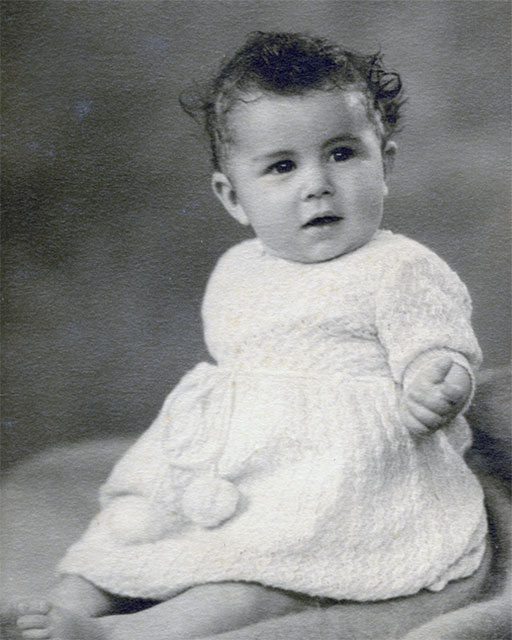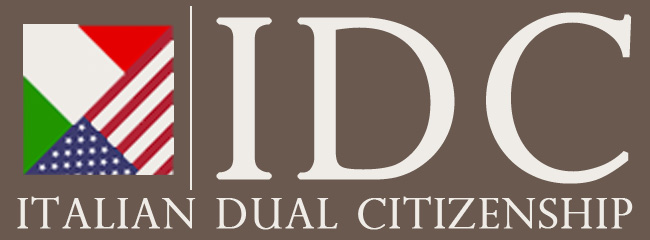
UPDATE: This is a recently evolving process. Please see updated information on the “minor issue” process here.
***
When assessing if an individual qualifies for Italian citizenship by descent (jure sanguinis), determining the naturalization status of their Italian-born ancestor is paramount. Cases where the ancestor immigrated to the U.S. as a minor offer a particular challenge since children automatically received American citizenship upon their parent’s naturalization until they reached the age of majority.
In these scenarios, if your Italian-born ancestor was a minor when their parents naturalized as American citizens, their Italian citizenship right was lost, and they could no longer pass it to their children upon adulthood.
Another scenario to consider entails those seeking to claim Italian citizenship through ancestors born in the United States whose Italian parents naturalized as American citizens before the child reached the age of majority. While both cases tout similarities, i.e., parents with a minor child naturalizing as U.S. citizens, one primary difference determines Italian citizenship eligibility: the country into which the child was born.
Italian-born Minors & Automatic Citizenship
In cases where an Italian-born minor child received automatic U.S. citizenship upon their parent’s naturalization, the child’s Italian citizenship right and ability to convey it to future generations was lost. Unfortunately, this rule has no exceptions. Once the parents naturalized, the minor child received a Certificate of Citizenship from the United States, documenting their acquired or derivative citizenship status.
U.S.-born Minors with Italian Parents
Minor children born in the U.S. to Italian-born parents who immigrated to America and naturalized before their child reached majority inherited their Italian citizenship due to Article 7 of the Italian law 555/1912. Under this law, according to the jus soli principle, children born to Italian immigrants in a foreign country and who involuntarily obtained that country’s citizenship by birth maintained the right to their Italian citizenship. So, if your Italian-born ancestor immigrated to the U.S. and naturalized following his children’s birth in the country but before they reached majority, you are eligible to file for Italian citizenship jur sanguinis through an Italian municipality or with the Italian consulate in your residential jurisdiction.
It is important to note you must meet additional requirements to qualify. Namely, your Italian-born ancestor must have been living at the time of Italy’s unification on March 17, 1861, or born following this date. Additionally, none of your direct ancestors can have renounced their Italian citizenship. Finally, male Italian-born ancestors must have received their U.S. citizenship naturalization after June 14, 1912. If his naturalization occurred prior to that date and following the birth of his child, you are not eligible for Italian citizenship. As addressed in previous articles, those born prior to January 1, 1948, can only claim citizenship through their father since women were not eligible to transfer citizenship to their children before this date. That said, if your Italian lineage comes from a woman with a child born prior to January 1, 1948, you are ineligible to apply for Italian citizenship via a municipality or Italian consulate. You could, however, apply through the Italian court system instead. These rules, which are now considered unlawful, originate from the fact that women were not given equal rights as men, including the right to convey citizenship to their children before January 1, 1948. In these cases, you can apply for Italian citizenship through Italy’s court system.
Those with 1948 court cases may encounter challenges in court if their Italian-born ancestor naturalized when their U.S.-born child was a minor. Some judges, particularly in the Court of Rome, restrictively interpret law 155/1912, maintaining that children born in America whose parents naturalized while they were minors cannot transmit Italian citizenship. However, some rulings were successfully challenged within Italian appellate courts. Conversely, if only one Italian parent naturalized while their child was a minor and the other maintained their Italian citizenship, your citizenship claim will be approved.
What to know when applying for Italian citizenship by descent with a minor child
Having discussed Italian citizenship eligibility requirements with children of naturalized parents, we can now address how to apply for Italian citizenship for your minor children.
When filing for Italian citizenship jure sanguinis, your minor children are automatically included in your application and will obtain citizenship with your approval at no additional cost. Be sure to provide an Apostille with an Italian-translated certified copy of their birth certificate with the application. This rule applies to everyone submitting an Italian citizenship application via 1948 case, Italian municipality, or Italian consulate.
For children born after you receive Italian citizenship, you must register their births prior to their turning 18 for their Italian citizenship to be recognized. To register a birth certificate through an Italian consulate, you must fill out and mail a form to the consulate covering your residential jurisdiction with their Italian-translated Apostilled birth certificate. You will then receive notification from the consulate when their vital record is registered in Italy. If you fail to register your child’s birth before their 18th birthday, they must make a formal application for Italian citizenship recognition jure sanguinis and provide certified vital records for all Italian family members in their lineage beginning with the first Italian-born ancestor to Italian authorities. For more detailed information regarding Italian citizenship applications with children, click here.
For a free eligibility assessment for Italian citizenship or further information regarding the application process, please contact our specialized team of Italian citizenship experts at info@italiandualcitizenship.net.
Note: There have been updates in 2022 regarding how 1948 cases are filed. You must file all 1948 cases in the court covering the jurisdiction of your Italian ancestor’s birth municipality. To read more about those updates click here.
This page was last updated with help by Marco Permunian





